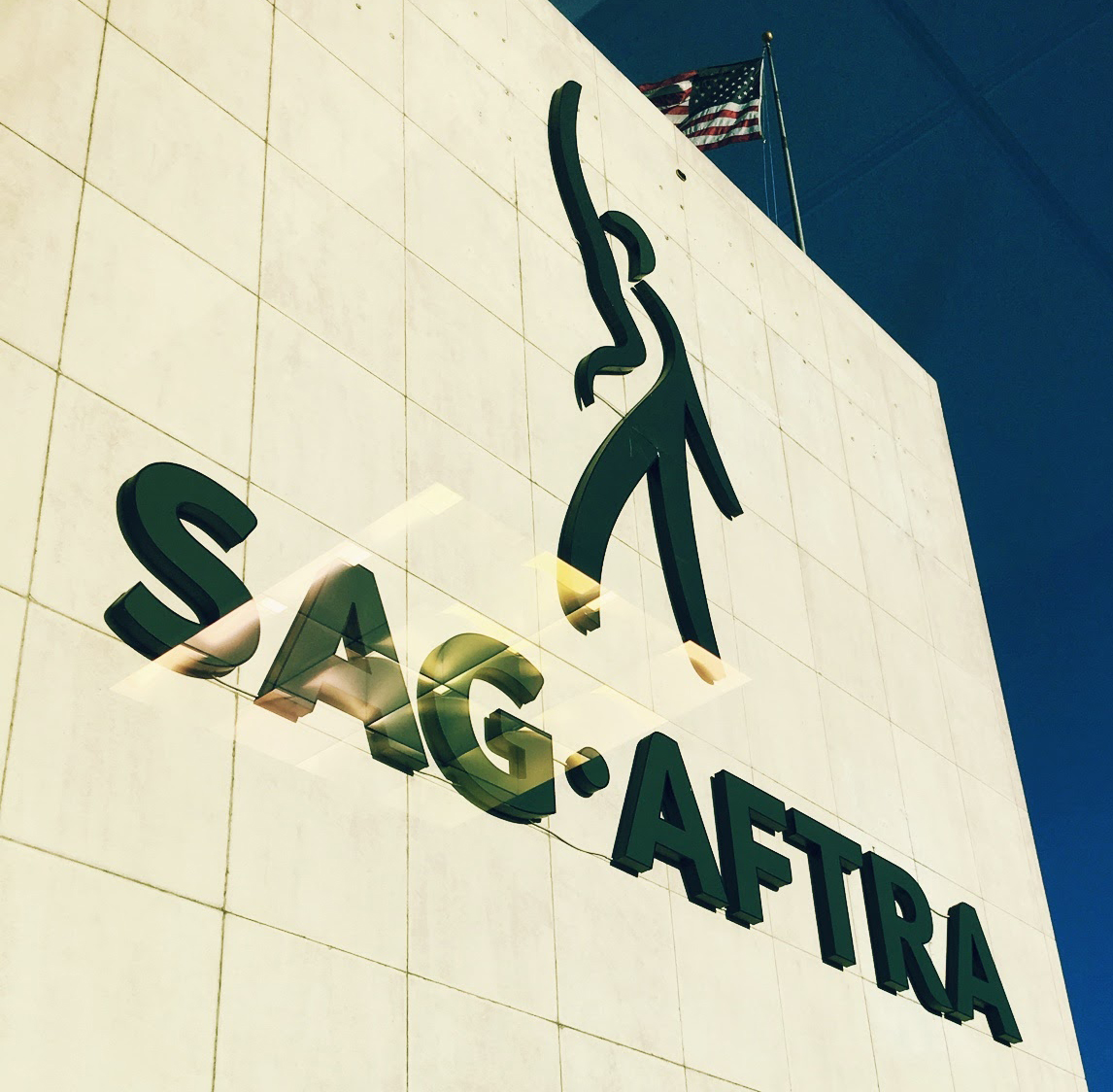Anjali Katta is a student at Harvard Law School.
In today’s news and commentary, SAG-AFTRA reaches a tentative agreement, AFT sues the Trump Administration, and California offers its mediation services to make up for federal cuts.
SAG-AFTRA, the union representing approximately 133,000 commercial actors and singers, has reached a tentative agreement with advertisers and advertising agencies. These companies were represented in contract negotiations by the Joint Policy Committee, which bargained on their behalf. The new agreement covers union members’ work in advertisements and commercials and comes after several extensions of the previous contract’s expiration date. Details of the agreement will be released following a review by the SAG-AFTRA National Board on April 26. If the board approves the tentative deal, union members will then vote on its ratification.
The American Federation of Teachers (AFT) and 10 other unions have filed a lawsuit against the Trump administration in an effort to prevent the Federal Mediation and Conciliation Service (FMCS)’s dismantling. FMCS is a federal agency that mediates labor disputes in both public and private sectors and has played a key role in workplace negotiations at companies like Starbucks, Boeing, and Apple. Following the administration’s March 14 executive order, which directed FMCS to significantly downsize, the agency placed 90% of its employees on administrative leave and shut down all of its field offices. The lawsuit alleges that the administration’s actions are unconstitutional and that FMCS’s compliance with the order violates the Administrative Procedure Act.
Relatedly, in response to cuts at the FMCS, California’s State Mediation and Conciliation Service (SMCS) is stepping in and taking cases that would have usually been handled by the federal government. SMCS is part of California’s Public Employment Relations Board (PERB), a state agency that administers labor laws for public employees. FMCS’s abrupt downsizing coincided with contract negotiations at several major California employers, including grocery chains and hospitals, prompting state intervention. Additionally, there have been other efforts to expand PERB’s authority. For example, in January 2025, California lawmakers proposed legislation that would empower PERB to certify union elections and rule on unfair labor practice cases in the private sector if the National Labor Relations Board (NLRB) fails to respond in a timely manner.






Daily News & Commentary
Start your day with our roundup of the latest labor developments. See all
January 29
Texas pauses H-1B hiring; NLRB General Counsel announces new procedures and priorities; Fourth Circuit rejects a teacher's challenge to pronoun policies.
January 28
Over 15,000 New York City nurses continue to strike with support from Mayor Mamdani; a judge grants a preliminary injunction that prevents DHS from ending family reunification parole programs for thousands of family members of U.S. citizens and green-card holders; and decisions in SDNY address whether employees may receive accommodations for telework due to potential exposure to COVID-19 when essential functions cannot be completed at home.
January 27
NYC's new delivery-app tipping law takes effect; 31,000 Kaiser Permanente nurses and healthcare workers go on strike; the NJ Appellate Division revives Atlantic City casino workers’ lawsuit challenging the state’s casino smoking exemption.
January 26
Unions mourn Alex Pretti, EEOC concentrates power, courts decide reach of EFAA.
January 25
Uber and Lyft face class actions against “women preference” matching, Virginia home healthcare workers push for a collective bargaining bill, and the NLRB launches a new intake protocol.
January 22
Hyundai’s labor union warns against the introduction of humanoid robots; Oregon and California trades unions take different paths to advocate for union jobs.